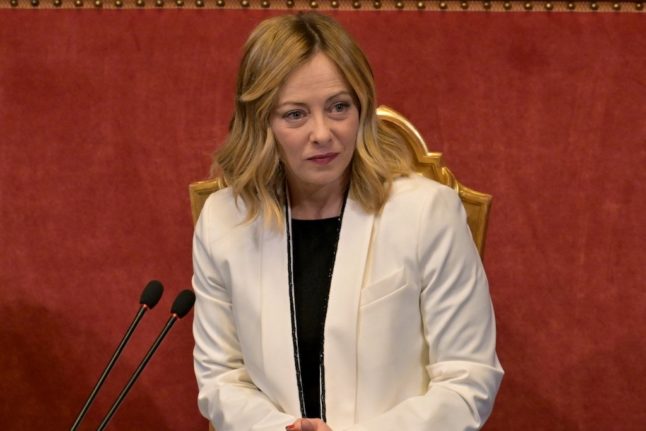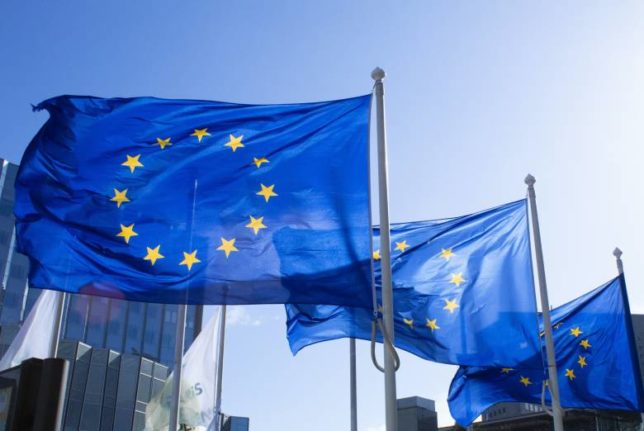Critics were quick to respond to the latest tax reform approved by Prime Minister Giorgia Meloni’s cabinet on Monday, with some political commentators immediately slamming the proposal as a “gift to tax dodgers”.
“This is how the government rewards tax evaders” read a headline in the Domani newspaper on Tuesday.
“Ambiguous and dangerous,” was Democratic Party senator Cristina Tajani’s assessment, arguing that the government is continuing on its path of rewarding those who evade taxes with a “series of amnesties, scrappings and settlements.”
Speaking in parliament on Wednesday, Meloni described Italy’s current tax system as “disproportionate, illogical and vexatious… and quite useless too.”
Her overhaul of the current system would create “a new idea of Italy, closer to the needs of taxpayers and companies,” she said, insisting that the reforms would “help the honest but not do favours for the cunning.”
Italy has lost some 932 billion euros to tax evasion over the past ten years alone, according to estimates from the financial newspaper Il Sole 24 Ore.
READ ALSO: When do I need to start paying Italian taxes?
As part of its commitments under the EU-funded post-COVID recovery plan, Italy promised the European Commission in 2021 it would clamp down on tax evasion – but the Meloni government has implemented 14 tax amnesties since taking office in October 2022, according to Reuters reports.
If approved, the government’s latest reform would increase the maximum number of monthly instalments for people who’ve fallen behind on their tax payments from the current limit of 72 to 120.
It would also automatically remove any tax debts not paid within five years starting from January 1, 2025 from the Italian Revenue Agency’s books.
The government says this wouldn’t amount to a write-off, but that instead the ‘creditor body’ (for example, a town council that has issued a fine) would be able to pursue its own collection methods or ask the agency to keep an eye on the debtor’s finances for a further two years to see if their income increases.
That’s nonsense, says Domani, which is currently facing multiple defamation lawsuits from members of the Meloni government: the decree “tears up debts not collected within five years” and is only the latest example of the government “running to the aid of those who do not pay taxes”.
READ ALSO: How Airbnb’s tax rules in Italy are changing in 2024
“The automatic cancellation of bills not collected within five years represents an incentive to non-payment and a profound injustice towards those who, despite the difficulties, resolve to meet their tax obligations on time,” said Green Europe party MP Angelo Bonelli.
Italian employees face some of the highest rates of income tax among developed countries, coming only behind Belgium, Germany, Austria and France, a 2022 study by the OECD (Organisation for Economic Co-operation and Development) found.
If all Italians paid their fair share of tax, the average person’s tax burden could be reduced by as much as 20 percent, according to Il Sole 24 Ore’s calculations.



 Please whitelist us to continue reading.
Please whitelist us to continue reading.
Member comments